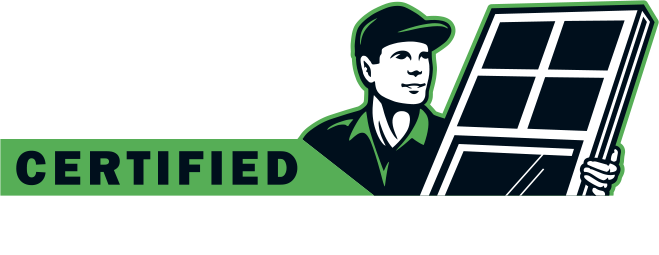Energy performance ratings are the measurement of energy efficiency in windows and doors. Taking these into account helps you better understand the potential of such products to gain or lose heat, as well as bring sunlight into your home. Apart from the U-factor and the solar heat gain coefficient (SHGC), another important rating you need to look into is air leakage. Read on to learn more about it and why it matters.
What Is Air Leakage?
Air leakage refers to the rate of air movement around a window, door or skylight in the presence of a specific pressure difference across it. Because its value is determined before installation, you must make sure your windows are professionally installed to keep that number where it is.
This particular rating is measured on a scale of 0.1 to 0.3, the latter indicating the most amount of air that can pass through the windows. The National Fenestration Rating Council (NFRC), the organization behind the energy performance rating system, calculates air leakage as the amount of air that can pass through a window expressed in cubic feet per minute divided by the total area of the window. Another thing worth noting is that the rating is based on a constant wind speed of 25 miles per hour.
Why Air Leakage in Windows Matters
Air leakage is not a widely sought-after energy performance rating like U-factor and SHGC ratings. However, there’s a good chance that you’ll get to know its value when you check the blue-and-white ENERGY STAR® labels in replacement windows and doors. Any number lower than 0.3 means that the product is deemed energy-efficient by both the NFRC and ENERGY STAR.
One reason why air leakage ratings aren’t as prominent as the other ratings is due to them being tricky to determine, which can lead to misinterpretations. Be sure not to ignore this aspect of window replacement. Turn to window experts like Renewal by Andersen of Kansas City. We have the knowledge and expertise to guide you through this home improvement process and help you get the most out of your investment.
Call (913) 385-1300 or fill out our contact form to schedule a consultation. We serve homeowners in Kansas City and the surrounding communities.






